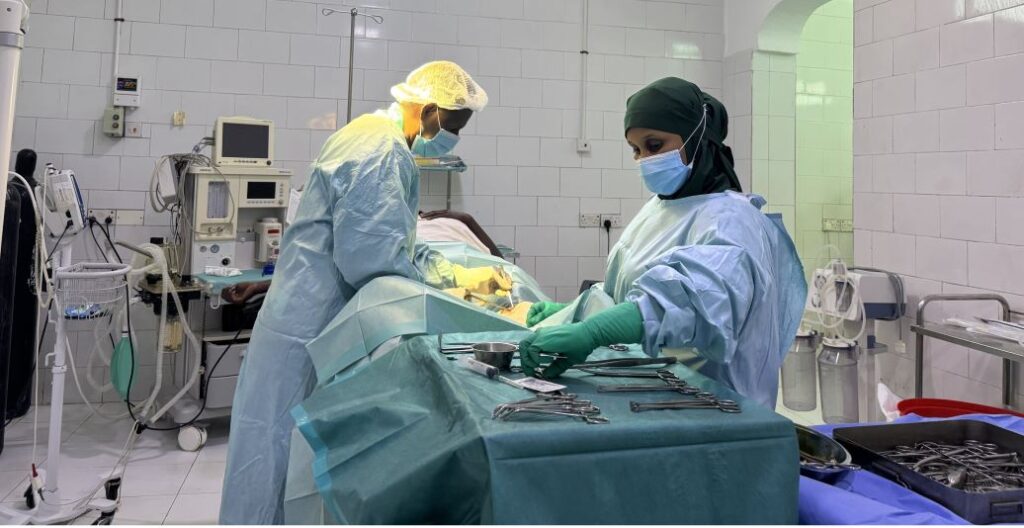As fighting intensifies across key regions in Somalia, medical facilities near conflict zones are experiencing a surge in patients. Frontline hospitals are facing extreme pressure due to limited resources, staff shortages, and constant security threats. Humanitarian agencies are urging for increased support to meet the growing needs of the wounded and displaced.
Frontline Hospitals Struggle Amid Escalating Conflict
Recent data shows that over 70% of frontline hospitals in southern Somalia are operating beyond capacity due to the surge in conflict-related casualties. Patient inflow has increased by 45% in the past month alone. Most facilities lack critical care units and trauma support. Doctors Without Borders reported that healthcare staff are overstretched, working 16-hour shifts. This situation underscores the vulnerability of healthcare in conflict zones.
Shortage of Medical Supplies in War-Affected Zones
According to the Somali Ministry of Health, over 60% of medical centers in conflict-hit areas report severe shortages of antibiotics, pain relievers, and surgical equipment. The World Health Organization (WHO) has confirmed a 30% drop in supply deliveries due to insecurity. As a result, makeshift solutions are being used in emergency care. These shortages are putting thousands of lives at risk.
Humanitarian Aid Appeals Increase as Violence Spreads
The UN Office for the Coordination of Humanitarian Affairs noted a 40% increase in appeals for emergency medical aid across Somalia in the last quarter. Aid groups are requesting $128 million to stabilize health services. So far, only 25% of the target has been funded. International partners have been urged to expedite assistance to avoid a full-scale health crisis.
Global Call for Support to Frontline Hospitals in Somalia
Human rights organizations have launched international campaigns to support frontline hospitals overwhelmed by recent escalations. Reports suggest these hospitals are treating up to 5,000 patients weekly, double their intended capacity. Local NGOs have called on the global community for urgent action. Frontline hospitals remain the last hope for many wounded civilians.








